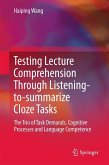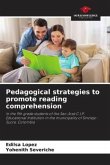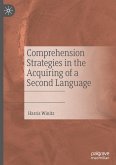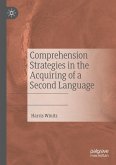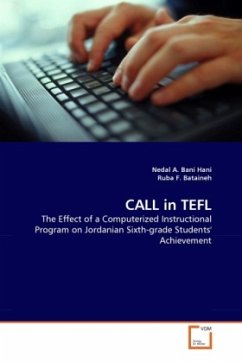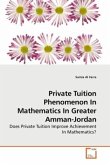The purpose of this study was to classify the listening comprehension strategies used by tenth grade students and to investigate how students report their mental processes and listening difficulties in interactive listening tasks to examine listening comprehension processes, listening comprehension strategies, and listening comprehension difficulties. Six participants were selected according to their language ability and gender. The data indicated that students used both bottom-up and top-down listening processing. The most frequently reported listening processes were listening to particular perspectives of the listening text, writing down important words and pieces of information and using familiar words to guess meaning. The most frequently incorporated listening strategies were linguistic inferencing, note-taking, and advance organization. The participants'' listening comprehension was influenced by a number of factors which can be attributed to text, speaker, listener or task. A major implication of this study is that greater emphasis on interactive listening would promote Jordanian EFL students'' communicative language ability.


